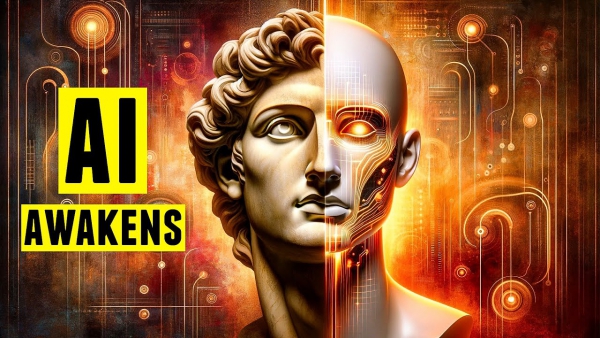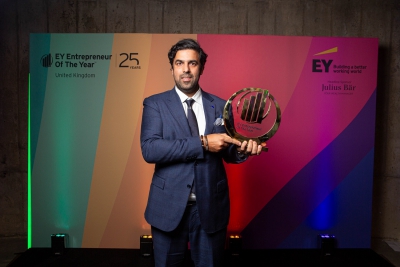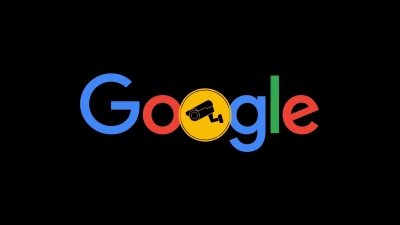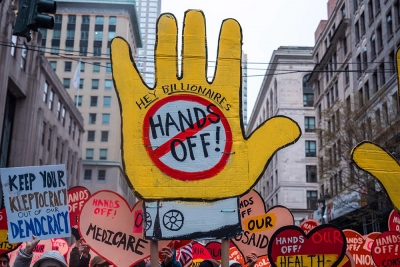There was a time when wealth was the only measure of a person's success. Money determines where you live, your education, your medical care, and even who gets remembered by history.
However, this is all changing. The rise of AI is not just a technological revolution, but a paradigm shift that completely changes the social structure. When intelligent machines can create everything, how will human society redefine value?
If we look back at history, we will find that every leap in productivity will lead to a reshaping of wealth distribution. The Agricultural Revolution made land a symbol of wealth, the Industrial Revolution made capital the master, and the AI revolution is challenging all of this.
When knowledge, skills, and labor become unlimited supplies, will the concept of money still exist?
1. How does AI make “scarcity” disappear?
What is the nature of money? The standard answer given by economists is: Money is a medium of exchange and a storage unit of value.
But the deeper logic is: the premise for the birth of money is scarcity.
Throughout human history, the value of anything has depended on its scarcity: gold was scarce, so it became currency. Land supply exceeds demand, causing housing prices to skyrocket. There are only a limited number of top brain workers, so they are highly paid.
But AI is gradually eliminating this scarcity.
First, it is approaching “free labor” infinitely.
In the industrial age, capitalists needed workers to produce goods, and workers needed wages to live. But if AI can completely replace human labor, the marginal cost of enterprises will approach zero, production will become infinitely scalable, and the circulation logic of money will be completely subverted.
Imagine an AI doctor able to diagnose millions of patients simultaneously around the world and provide precise treatment plans. Will people still have to pay high medical bills? Or, if an AI designer can generate perfect brand images for all companies, will the design fee become meaningless?
Going further, AI can not only create products, but also create knowledge and even eliminate the "proprietary nature" of knowledge.
Nowadays, courses at Harvard and MIT can be studied online for free. So, when AI can give you a top-notch education one-on-one, is the tuition at prestigious schools still valuable?
When AI makes all goods, services, and knowledge “free,” the function of money will be completely weakened.
2. The “rules of the game” of capitalism are collapsing
What are the foundations of capitalism? It is a game between capital and labor. Entrepreneurs invest capital to hire labor, create value, and earn profits. But the arrival of AI has made this model extremely ridiculous.
Today's companies are still accumulating wealth in traditional ways: acquiring resources, expanding market share, lowering costs, and improving productivity. But when AI can automate everything, will these strategies still work?
For example, OpenAI’s ChatGPT, Midjourney and other AI tools are eating into the creative industry. In the past, a company might need to hire 100 designers and engineers, but now, it only needs one AI system.
In the future, even the CEO may be AI. How will capital continue to accumulate during this change?
More importantly, when wealth creation becomes labor-free, how will the flow of wealth change?
In the past, capital controlled the means of production and wealth flowed to capitalists.
But if AI becomes dominant and the means of production themselves are controlled by AI, will capitalists still exist? Even more, does the country still need to rely on taxation?
This means that capitalism may usher in the ultimate contradiction: wealth grows infinitely, but purchasing power approaches zero. Because if no one has a job and no one has an income, who will consume?
3. How will society function if money is eliminated?
How would human society function if money really lost its meaning? Historically, whenever a social model collapsed, a new order was born. So, how will the human economic system evolve in the AI era?
UBI: “Social Dividend” in the AI Era
Unconditional Basic Income (UBI) will become the norm.
Simply put, the logic of UBI is that since AI can create unlimited wealth, this wealth should be shared by all people, rather than monopolized by a few. The government will pay "social dividends" directly to all citizens to replace wage income.
This idea is not a fantasy, and many countries have already begun experiments: Finland once conducted a UBI pilot and found that people receiving UBI were more willing to start a business and study instead of "loaf around". Silicon Valley entrepreneurs in the United States (such as Musk and Zuckerberg) have supported UBI and believe that the AI era will inevitably require a new wealth distribution mechanism.
UBI may become the cornerstone of a new economy, allowing people to no longer rely on work and instead pursue creativity, interests, and personal growth.
Credit replaces money, status becomes wealth
In a society dominated by AI, money may be replaced by more advanced “value measurement systems” such as “trust capital” or “social contribution index”.
Imagine a world where your contributions, knowledge, and social influence will all be recorded in a decentralized credit system. AI will automatically provide you with resources based on your credit rating, rather than relying on traditional currency.
Under this system, an individual's value is no longer measured by wealth, but is determined by contribution and credibility. Money may be just one of the ways of expression, but not the only one.
“Cyber Communism” vs “AI Totalitarianism”
Of course, this can all go to extremes. The disappearance of money may bring about two extreme social forms:
Cyber Communism: AI manages resources, distributes them to everyone according to their needs, and the world enters a "Star Trek"-style utopia.
AI totalitarianism: A few people control AI and establish a digital dictatorship. Wealth and resources are tightly controlled, and the gap between rich and poor expands infinitely.
Which future are we heading towards? It’s too complicated.
4. Conclusion
At the dawn of this AI era, money will no longer be the only criterion for measuring human value. Maybe, we don’t need to run for life anymore, we have to live for our dreams.
No longer restricted by salary, class, and wealth, everyone has the opportunity to pursue their mission, explore the unknown, and create something greater than money.
So, as we stand on the cusp of this transformation, we have to ask ourselves: If money is no longer the goal, what is really worth pursuing? This is not only a challenge to AI, but also a call for the entire civilization. It’s time to cut money out of our souls and let creativity, wisdom, love and trust truly be the driving force of our lives.
Only when the wealth brought by AI emerges infinitely and money becomes empty and powerless will we have true freedom. This is the answer to the future and a beautiful picture we have never dared to imagine.
Money will eventually become a thing of the past, but the glory of mankind has just begun.
















